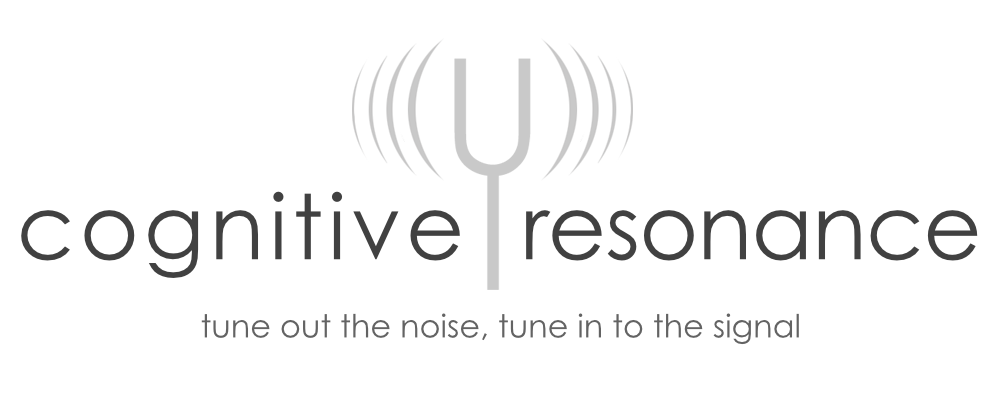Immunity Passports have become a much hyped tool to cope with this pandemic and the economic crisis. Essentially, with immunity passports those who are ‘immune’ to the virus would have some kind of certified document – whether physical or digital. This ‘passport’ would give them rights and privileges that other members of the community do not have.
there is currently no scientific basis for these measures
This is yet another example of a crisis-response that depends on technology, as we saw with contact-tracing apps. And it is also yet another instance of trying to rapidly respond to complex problems, as governments did after 9/11, by reaching for identity systems.
Fundamentally, for identity system design form must follow function. Identity systems are complex systems that can alter the relationship between the individual, the state, and all the companies and agencies who are granted power in between.
Yet proponents of immunity passports do not yet know the extent of the problem they are solving. Companies selling their pre-existing digital identity solutions should be viewed with suspicion; this is not a problem that has been ‘solved’ as we have yet to define what the problem is.
Read the article and its key findings on Privacy International’s website







